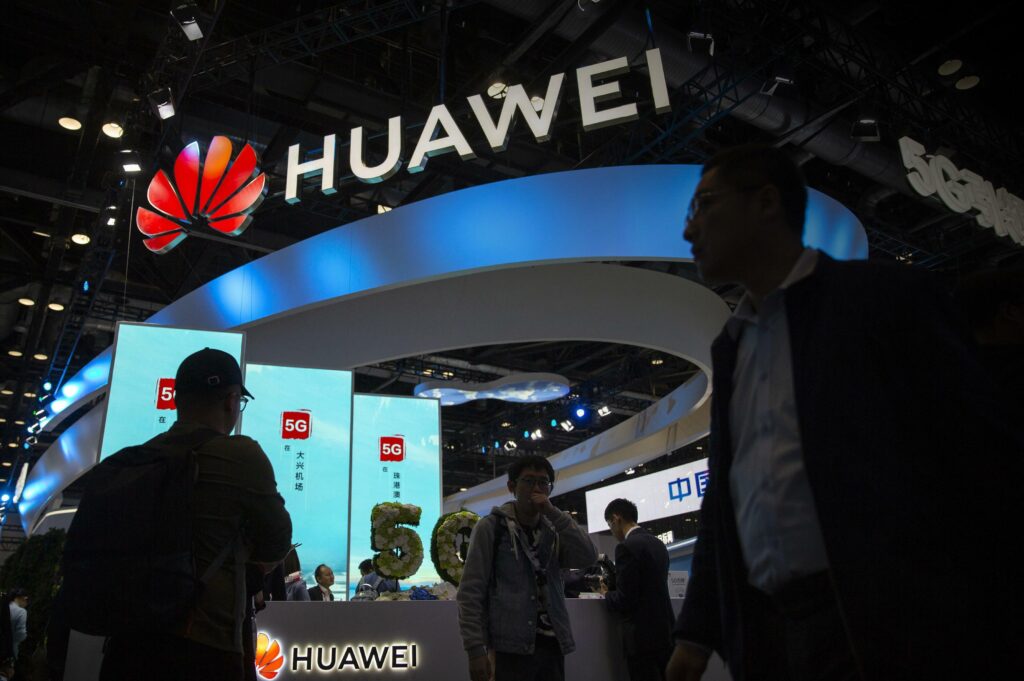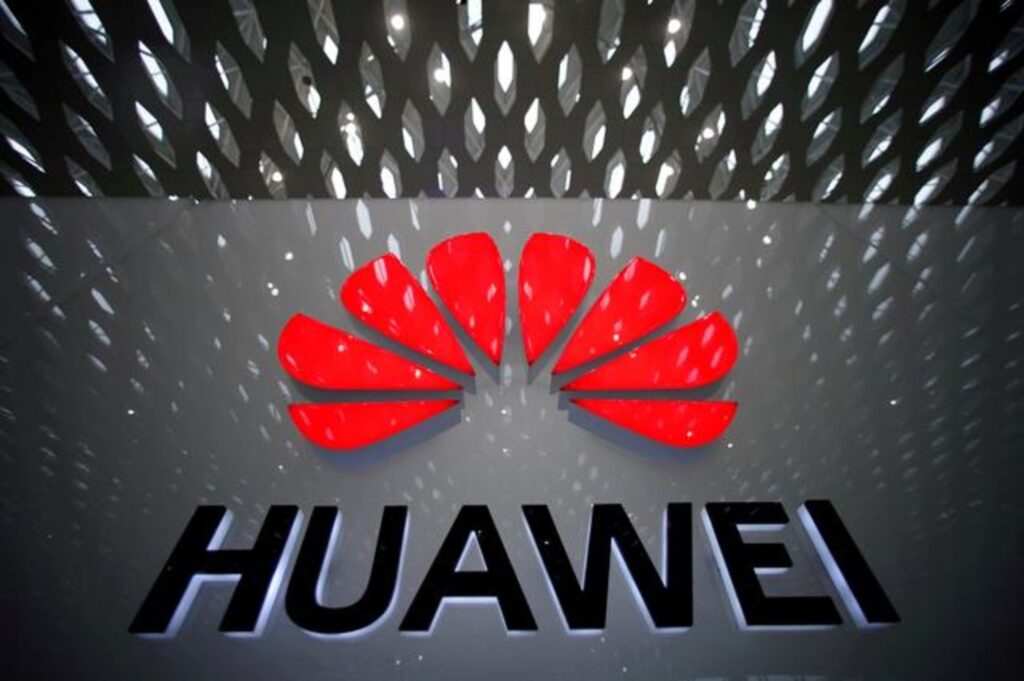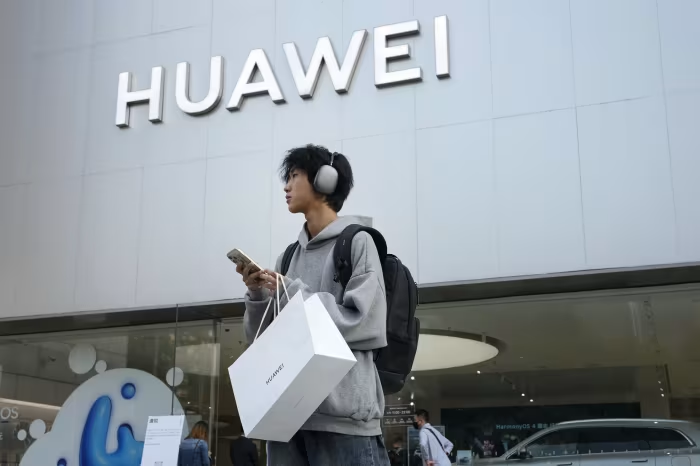Chinese telecoms gear company Huawei Technologies has reported its profit more than doubled last year as its cloud and digital businesses thrived in spite of U.S. sanctions. The Shenzhen-based company reported a net profit of 87 billion yuan ($12 billion), helped by strong sales and an improved product portfolio. Revenue jumped nearly 10% from a year earlier, to 704.2 billion yuan ($97.4 billion).

Huawei’s rotating chairman Ken Hu said the company’s figures were in line with forecasts.“We’ve been through a lot over the past few years. But through one challenge after another, we’ve managed to grow,” Hu said. Huawei also said it profited from “gains from the sales of some businesses.” It did not specify which businesses were sold.
Huawei, one of China’s first global tech brands, has been caught up in China-U.S. tensions over technology and security. The U.S. has banned U.S. companies from doing business with Huawei, cutting off its access to computer chips and software such as Google services for its smartphones and preventing it from selling its telecommunications gear to U.S. customers. Washington says Huawei poses a threat to U.S. national security. Huawei denies that. Huawei has refocused its business on cloud computing services and helping industries to shift to more digital operations.

Revenues from its cloud computing business grew almost 22% year-on-year in 2023 to 55.3 billion yuan ($7.7 billion). Sales for its digital power business grew 3.5%. Its automotive services related sales more than doubled. Huawei’s consumer unit, which sells smartphones and other devices, posted a 17.3% jump in revenue in 2023.
Last year, Huawei launched its high-end Mate 60 smartphone line, powered by an advanced chip that it made together with China’s Semiconductor Manufacturing International Corporation (SMIC). “In 2024, we will further expand our presence in the high-end market by working with ecosystem partners worldwide to bring more innovative products and services to consumers across the globe,” the company said in a statement to the AP.

The launch of the Mate 60 prompted speculation that Huawei and China may be able to produce 5G chips. U.S. lawmakers later accused SMIC of violating U.S. sanctions by supplying chips to Huawei. Taiwan also launched an investigation into four local companies over reports that they helped Huawei in its chip efforts. Some of the companies said they were offering wastewater and environmental protection services unrelated to critical technology.
Huawei is one of the world’s biggest spenders in research and development. In 2023, it invested 164.7 billion yuan ($22.8 billion) into R&D, accounting for almost a quarter of its annual revenue. Just over half of Huawei’s 207,000 employees work in R&D.





